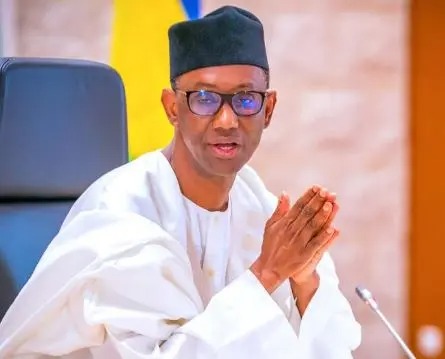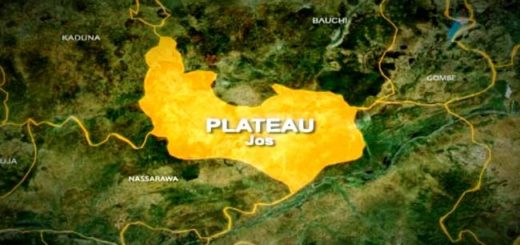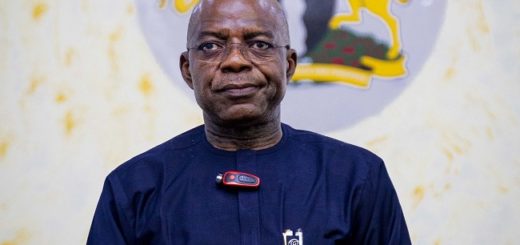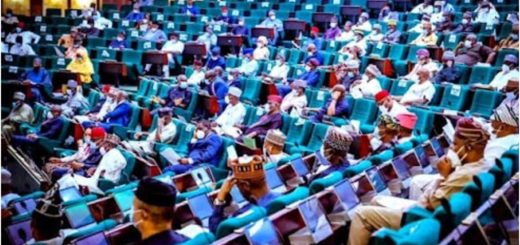El-Rufai Accuses NSA Ribadu of “Memory Loss” Amid Corruption Allegations
 In a new twist to the growing controversy between National Security Adviser (NSA), Nuhu Ribadu, and former Police Service Commission (PSC) commissioner, Hajia Naja’atu Muhammad, former Governor of Kaduna State, Malam Nasir El-Rufai, has entered the fray, accusing Ribadu of being dishonest. El-Rufai challenged Ribadu’s recent claims that he never accused President Bola Tinubu of corruption during his tenure as Chairman of the Economic and Financial Crimes Commission (EFCC).
In a new twist to the growing controversy between National Security Adviser (NSA), Nuhu Ribadu, and former Police Service Commission (PSC) commissioner, Hajia Naja’atu Muhammad, former Governor of Kaduna State, Malam Nasir El-Rufai, has entered the fray, accusing Ribadu of being dishonest. El-Rufai challenged Ribadu’s recent claims that he never accused President Bola Tinubu of corruption during his tenure as Chairman of the Economic and Financial Crimes Commission (EFCC).
El-Rufai’s intervention came after Hajia Muhammad posted a TikTok video in which she alleged that Ribadu, while serving as EFCC chairman, had named President Tinubu, Senator George Akume, and Senator Orji Uzor Kalu among other former governors as some of the most corrupt public officials in Nigeria. In response, Ribadu’s lawyer, Dr. Ahmed Raji, demanded a public apology and retraction from Muhammad, claiming that the accusations were damaging to the NSA’s reputation.
Raji’s letter to Muhammad stated that Ribadu had never made such statements and that the allegations of corruption against Tinubu, Akume, and Kalu were entirely false. The letter went on to demand evidence to back up the claims, calling the statements defamatory and malicious.
However, El-Rufai, who was a member of the Federal Executive Council (FEC) in 2006, came forward with a strong rebuttal. He said that Senate records and FEC meeting minutes from that period would provide concrete evidence that Ribadu had, in fact, made such statements. El-Rufai also referred to a 2007 Daily Trust article that corroborated the accusations made by Ribadu during his tenure at the EFCC.
Speaking out on the matter, El-Rufai said, “Ribadu must be suffering from serious amnesia,” implying that the NSA had conveniently forgotten his past actions and statements. El-Rufai further emphasized that the records of those meetings, as well as FEC conclusions, would definitively prove the claims made by Ribadu back in 2006.
El-Rufai’s intervention highlighted the need for accountability and transparency, warning that silence in the face of such lies is no longer acceptable in the country’s political landscape. Despite efforts to reach Ribadu or his spokesman for comment, no response was received at the time of writing.
The feud continues to unfold, with both sides presenting conflicting versions of the past. As the controversy deepens, many are calling for clarity on the matter, with El-Rufai asserting that the truth must come to light.













